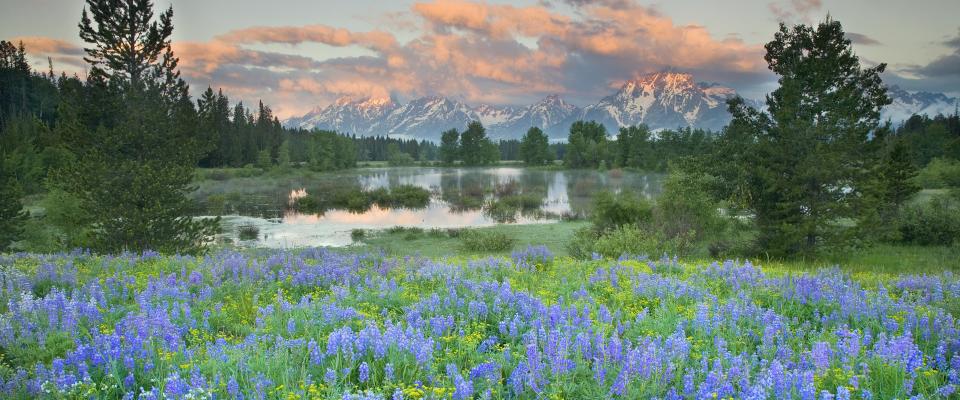KKV.1 Types of tourist and touristic motivations
1.Place of tourist services within services branch
1.1. Tourism concept
A simple and easy to read version of the concept of tourism is given by Glucksmann (in .: Fekete, 2006), according to him tourism is the travel of people to a place different to permanent domicile. According to Lengyel's formulation (1986), through tourism we understand all travels and activities of people conducted outside the permanent way of life and workplace, whatever the reason, duration and its target area. On the other hand, tourism is all material conditions, technical and organizational or services designed to meet the requirements related to it.
It has two forms:
- Business tourism:The professional and recreational activities performed during business travels.
- Recreation and leisure tourism: Recreation and leisure tourism are all freely chosen activities carried out outside permanent residence which are motivated by human need for diversity. Tourism is a voluntary, mass, systematic and peaceful movement of people, whose subjects are temporarily traveling from their home not for business purposes, but to spend their money elsewhere.
Referring to tourist motivation, we can identify the following types:
- Recreation tourism
- Cultural tourism
- Social tourism
- Sports tourism
- Business toursim
- Politically-oriented tourism
1.2. Tourist as subject of touristic services
The core element of touristicservices is the ,,tourist’’himself, who is the user, the consumer and finally the one that appreciates the value and level of services. Tourists needs, expectations and motivations are in constant change, therefore analysis of attitudes and preferences or satisfaction analysis are indispensable. Knowing all these is an important element of development and conscious organization of tourism, so that companies dealing with touristic services to communicate credibly and convincingly their services and values to customers, they must know how their decision-making mechanism, during which customers meet the package services, they appreciate and assesse it. Purchasing tourist services, similar to purchasing any other service derives from needs and motivations. After some extent the need identified by the consumer acts as a motivator, that urges man to consumer behavior, whose aim is the elimination of lack andmotivator.
Purchasing touristic services can be generated by the following motivations:
|
Motivation groups, respectively motivations |
Types of tourism groups, correspondent types of tourism |
|
Physiological motivations |
|
|
- rest (physical regeneration) - cure(restore body health) - sport (physical activity) |
- recreation tourism - curative or spa tourism - sports tourism (also passive) |
|
Psychological motivations |
|
|
- escape routine - entertainment - desire to live new experiences |
- tourism to gain new experiences, educational tourism, recreation tourism and clubbing |
|
Social motivations |
|
|
- visiting friends and acquaintances - having fun, social relations - escape (from too civilized daily routine, return to nature) |
- tourism, as objective to visit relatives - clubbing tourism - tourism for new experiences, eg. camping turism - etc. |
|
Cultural motivations |
|
|
- knowing other coutries, habits, customs and new languages - artistic interest |
- religious tourism - turism educational tourism |
|
Social status and personal prestige motivations |
|
|
- personal development (qualification and development) - desire of recognition |
- business tourism, reunions and conferences - eg. tourism for obtaining new experiences,but also reunion tourism |
Table no. 1.:Motivations generating touristic services
(source:Fekete, 2006)
În baza tuturor acestora putem vorbi despre tipurile de turiști de mai jos:
|
Type of tourist |
Password |
Features |
|
Type. 1 |
eager to rest and relax |
sun, sand, sea, escape from daily stress, relaxing holiday, comfortable, quiet, not too many strange places, not too much agitation |
|
Type. 2 |
searching new experiences |
distance, flirt, entrepreneurial spirit, diversity, fun, fashionable atmosphere |
|
Type. 3 |
active tourist |
forest, hiking, actively supporting health, hiking in nature, curative rest |
|
Type. 4 |
sportive tourist |
forest, competition, hobby, effort is challenging |
|
Type. 5 |
adventurous tourist |
type 5/a : adventurer only up to a certain extent, walks alone, is looking for particularly risk calculated singular adventure, challenges himself, enthusiastic, dreamer type 5/b: tourist willing of true adventures , even risking their physical integrity or life (participants at survival program, practitioners of extreme sports) type 5/c: tourists in disaster areas (those visiting flooded places and disaster areas, ....) |
|
Type. 6 |
tourist willing to learn, to discover new things and places, or to meet religious obligations |
learning, visiting places, religion practice type 6/a: visiting attractions and places using travel guides type 6/b : gathers new feelings, atmosphere of foreign places type 6/c:interested in nature, culture and natural sciences type 6/d: fulfilling religious obligationsc |
|
Type. 7 |
volunteer, charity tourism |
,,Tourist” taking attitude in order to diminish social gaps, helping and offering charity to people affected by scarcity, famine, deseases and disasters |
Table no. 2.:Certain type of tourists
(source: Fekete, 2006)







